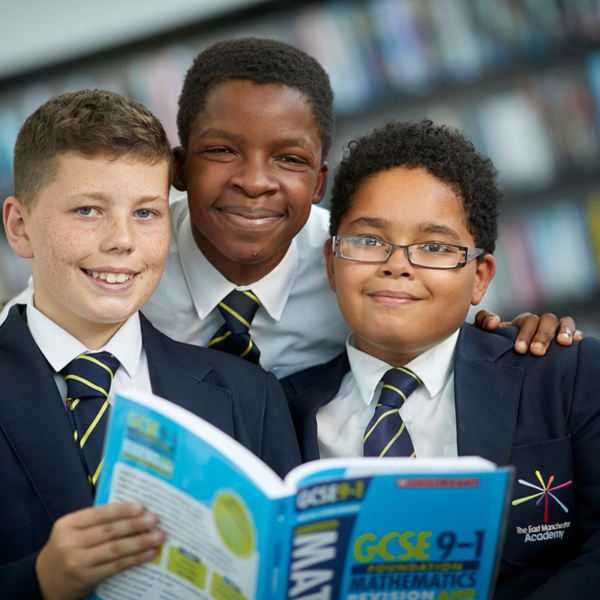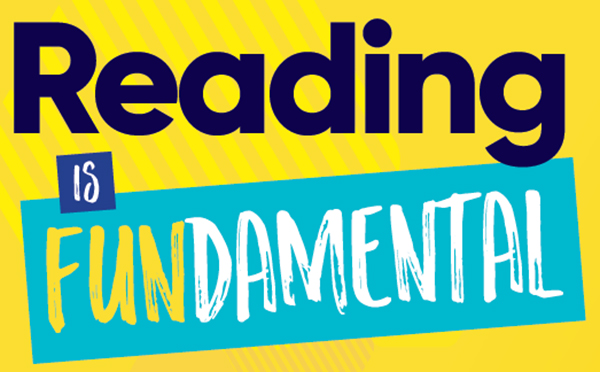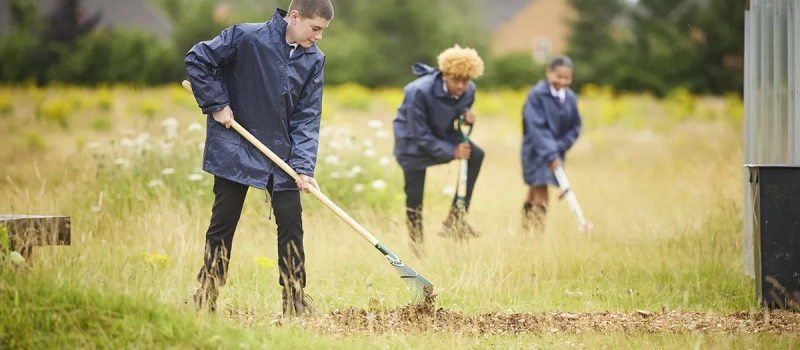Reading is Fundamental
We often hear about how important reading is for us – it is so important for our young people to focus on reading for pleasure just as much as they read for their studies.
Today a reader, tomorrow a leader.
This is a really powerful message for all of us
Why is Reading so Important?
- Reading a variety of texts is an expectation of society both for work and in our day-to-day lives
- Those who read independently while at secondary school do better at BOTH maths and English
- According to the latest report from the National Literacy Trust, as children transition from primary to secondary school, their levels of literacy engagement and mental wellbeing both decline and continue on this downward path. Those who DO read, have significantly better mental health than their peers
- The new GCSE examinations have a lot of challenging texts to read. To fully understand these exams, you need a reading age of at least 15 years old, reading widely and frequently helps with this
- A wide vocabulary is one of the most powerful things we can own. There’s no better way of expanding this knowledge and understanding of words than reading
- Reading helps to develop imagination and creativity
- Reading novels is a way to experience different cultures and lifestyles, this helps to build the essential skills of empathy and understanding which help to make us valued citizens
- It’s cheap and highly engaging entertainment!
- Do you feel that ‘books are boring?’ That’s often because you’ve not found the right book yet. See our recommended reading list for the titles that never fail to engage teenagers
- In our stressful world we hear a lot about the importance of ‘mindfulness’. Escaping into a new world through a book supports us all leaving their worries behind for a time
How can you Support your Child with their Reading?
- Allow them to visit and join their local library
- Read the same book as them so you can talk about it together
- Read the books they are studying in English at school so you can discuss what happens and their ideas around the writers’ intentions
- Set a timer for 20 minutes as many days a week as you can and sit together reading your own books/magazines etc. This way you model that it’s important to you as well
- Point out an interesting article you’ve read on line or in a newspaper. Ask them what they think about the issues raised in it
- Ask them what they’re reading in their own time so they know you expect them to do this
- Buy them a good quality dictionary and thesaurus – being able to find words, understand their meaning and their etymology is something that will stay with them as they move into adulthood
- Take part together in one of our school-wide reading challenges and look at the recommended reading lists on our website and VLE together
- Allow them time in their days to read for pleasure – it’s just as important as any other piece of homework and will not only support their learning but will support their emotional wellbeing and help them to develop their vocabulary
- Ask them to read aloud to a younger member of the family
- Ask them to read aloud to you and then encourage them to explain the meaning of more difficult words or to summarise what they’ve just read
- Get them a beautiful notebook to record language that interests them or vocabulary that may be useful or words they don’t understand
- Encourage them to look up words they are unsure of so they can grow their vocabulary
- Accept that young adult books are a safe and trusted way for them to explore the controversial issues around them – if it’s age-appropriate then trust them to be able to handle sensitive content
If you would like to know more about how you can support your child with developing their reading, please contact Mrs Gorey Head of English, or Miss Neukom, our Deputy Head and Reading Lead, or speak to your child’s English teacher for more advice.





















